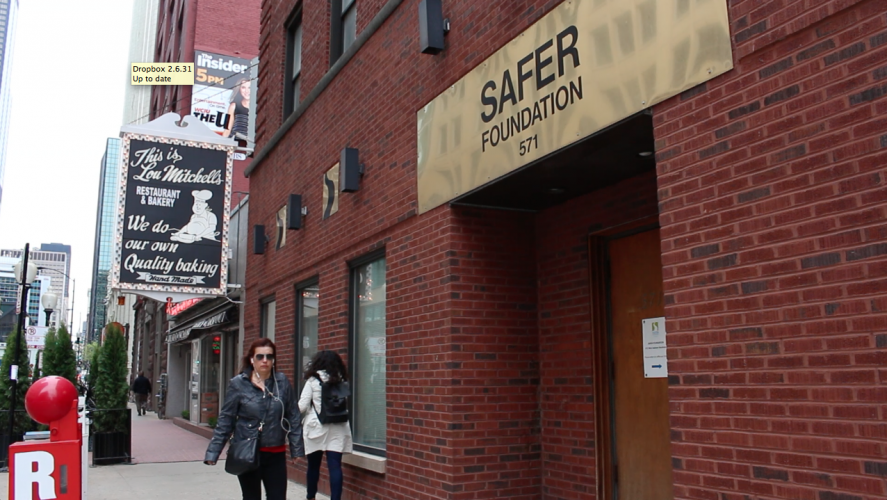For some young people who have been imprisoned, rehabilitation is their opportunity to change. Yet, many do not realize there are programs available to help, advocates said.
“A criminal record is lifelong and everlasting,” said Anthony Lowery, director of policy and advocacy at Safer Foundation, an organization that works to reduce recidivism in Chicago. “And the perceptions that people have are not of rehabilitation, it is of the acts of violence that we see, especially in the Chicago community.”

Young people, who have just gotten out of jail, have basic needs, such as housing, work, education, mental health services.
“You can’t just expect somebody to leave prison and have all of these resources available to them on their own, you have to have [rehabilitation programs] set up there to help them transition back,” said Chris Bernard, program coordinator of Cook County Justice Advisory Council.
Just a month ago, Mayor Rahm Emanuel announced that he is working to provide jobs, training and support to 2,200 incarcerated people this year, according to the City of Chicago’s website.
Without the accessibility to rehabilitation programs, there is a higher probability people will return to crime.
“It costs $614 a day to hold a young person or about $200,000 a year,” Bernard said. “We incarcerate far too many people.”
Lowery said education is a foundation young people need even to get a minimum wage job.
“Education is freedom,” he said.
Lowery added research has shown that the recidivism rate for people with an education is 10 times lower than those who do not.
Safer Foundation’s Youth Education Program focuses on providing education to formerly incarcerated young people. Louis Johnson, a structural facilitator with the program, helps young people prepare for their General Education Development (GED) testing. The eight-week program pinpoints client’s weaknesses and tries to strengthen them.
“They apply themselves in this test, which they can’t in traditional high school,” Johnson said.

About 75 percent of students pass the GED test, Lowery said. More than 300 people earn their GED through the program each year, according to data collected on its website. Safer Foundation funds students for both the Official Practice Test and the GED test, which add up to about $130.
Those who complete the program have a change of ideology – they way of their thinking, the perception of life, Johnson said, adding that getting young people to understand chances are out there is critical.
“All youth needs somebody to believe in them, more than they believe in themselves,” he said. “Change is going to happen one way or another, whether it is good or bad, you got to choose that.”
Though there is a lot of work, still, to be done within communities, Illinois is seen to be progressing forward.
Some state of Illinois officials are looking to ‘ban the box,” which is the removal of criminal history questions from private employer job applications, according to the Illinois General Assembly website. The bill, HB5701, is supported by Gov. Pat Quinn and called “Job Opportunities for Qualified Applicants Act.” It was passed by the House this week and is now before the state Senate, but some employers, such as Jewel-Osco, have already joined the movement.
“Eighty percent of employees would automatically discriminate people with criminal records,” Lowery said. “What [ban the box] does is it allows people to be seen as human beings.”
Bernard added that it “evens the playing field.”
Two Jewel-Osco employees interviewed at the 1224 S. Wabash Ave. store said they agreed with the bill.
Navar Rogers said the ‘box’ was unnecessary.
“If they found criminal history and you didn’t check [the box], then you pretty much just wasted your time,” he said.
“It gives people who have a criminal history or background the opportunity to start over and rebuild their life,” said Raphael Thompson, an employee.








Be First to Comment